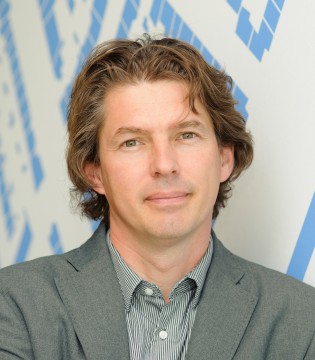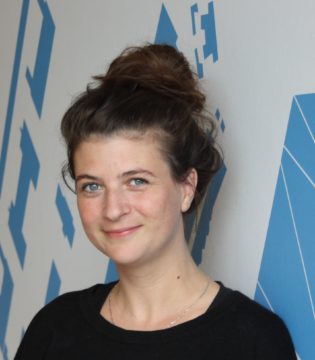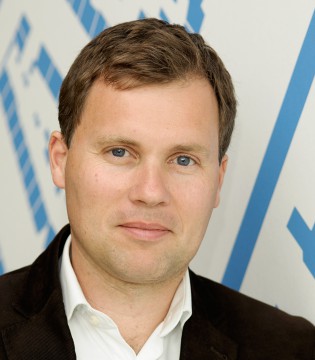President Obama has summarized nicely the conclusions of the hundreds of scientists from the Intergovernmental Panel on Climate Change: “We are the first generation to experience the effects of climate change, and the last who can still do something about it.”
In this, the financial sector will play a decisive role. It will accelerate the development towards a sustainable energy system or slow it down. The question that ING director Koos Timmermans recently received by a popular Dutch radio programme (“What can you tell your grandkids? Did grandfather made every effort to save the world? “),is one which all financial professionals should ask themselves.
Timmermans’ answer may not get his grandchildren wildly enthusiastic, but it was spot on. Timmermans indicated to believe that we can through cooperation of all financial institutions and the government do better than we do now.
That same conclusion has recently been drawn by a UN commission, known as the UNEP Inquiry. After searching the planet for inspiring examples of sustainable finance their final report contains over 100 of those coming from 40 countries. The Inquiry called on each country to formulate the most effective approach for their specific context.
Countries such as Switzerland and China have picked up the gauntlet. The Chinese Communist Party has set itself in its 13th Five-Year Plan ‘ecological civilization’ as the goal. No luxury in a country where in 90% of the large cities the air is unhealthy and 75% of drinking water unsafe. To find the required $ 320 billion per year, a detailed roadmap has been developed towards a green financial sector.
In the Netherlands there are numerous initiatives to make the sector more sustainable. The question is whether these, if executed well and added together, would bring us where we should be. I think the answer can only be ‘no’. More and more solid action is required. It is up to this generation of financial professionals to do that, or they will end up with a mouth full of teeth in front of their grandchildren.




